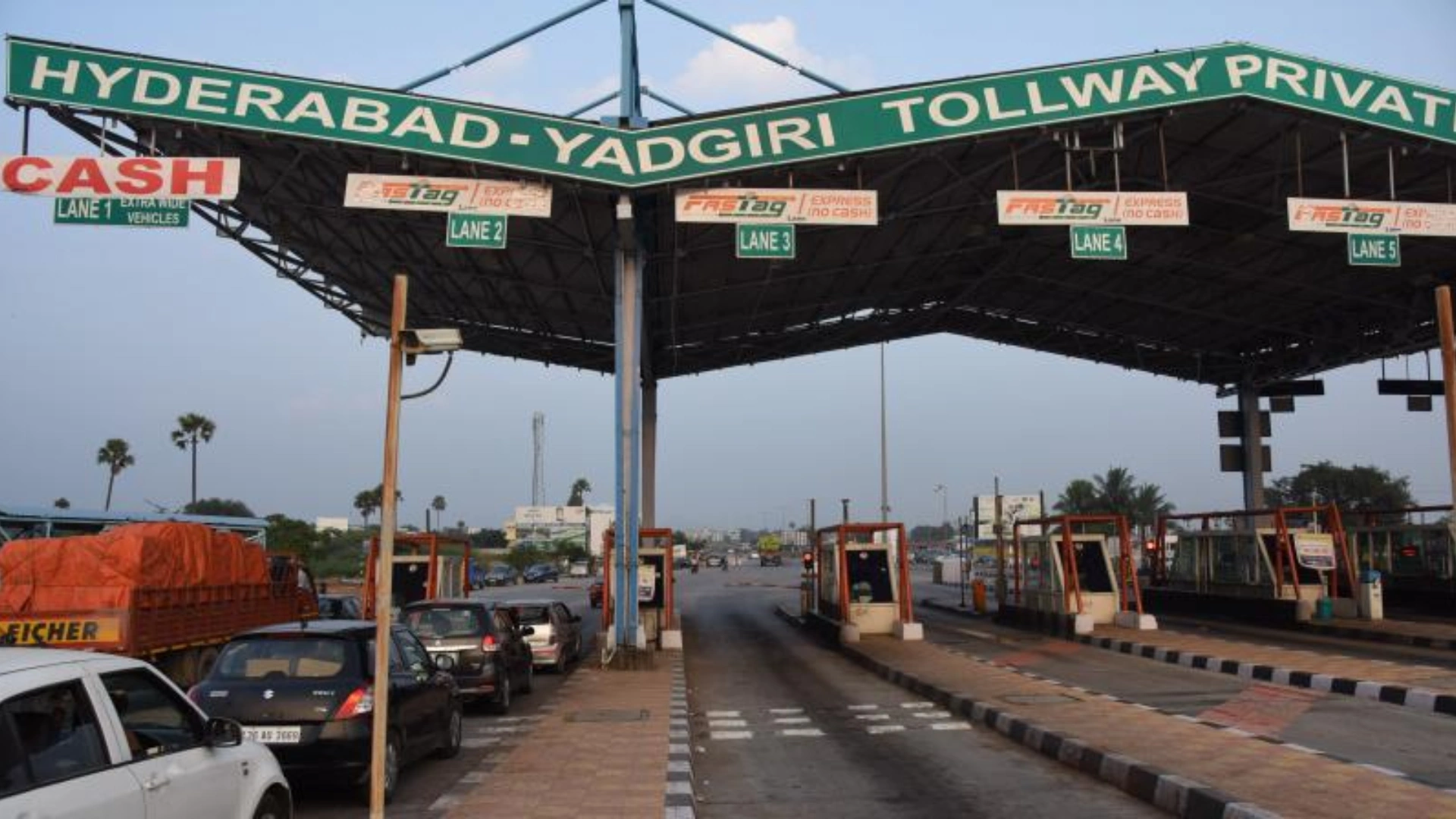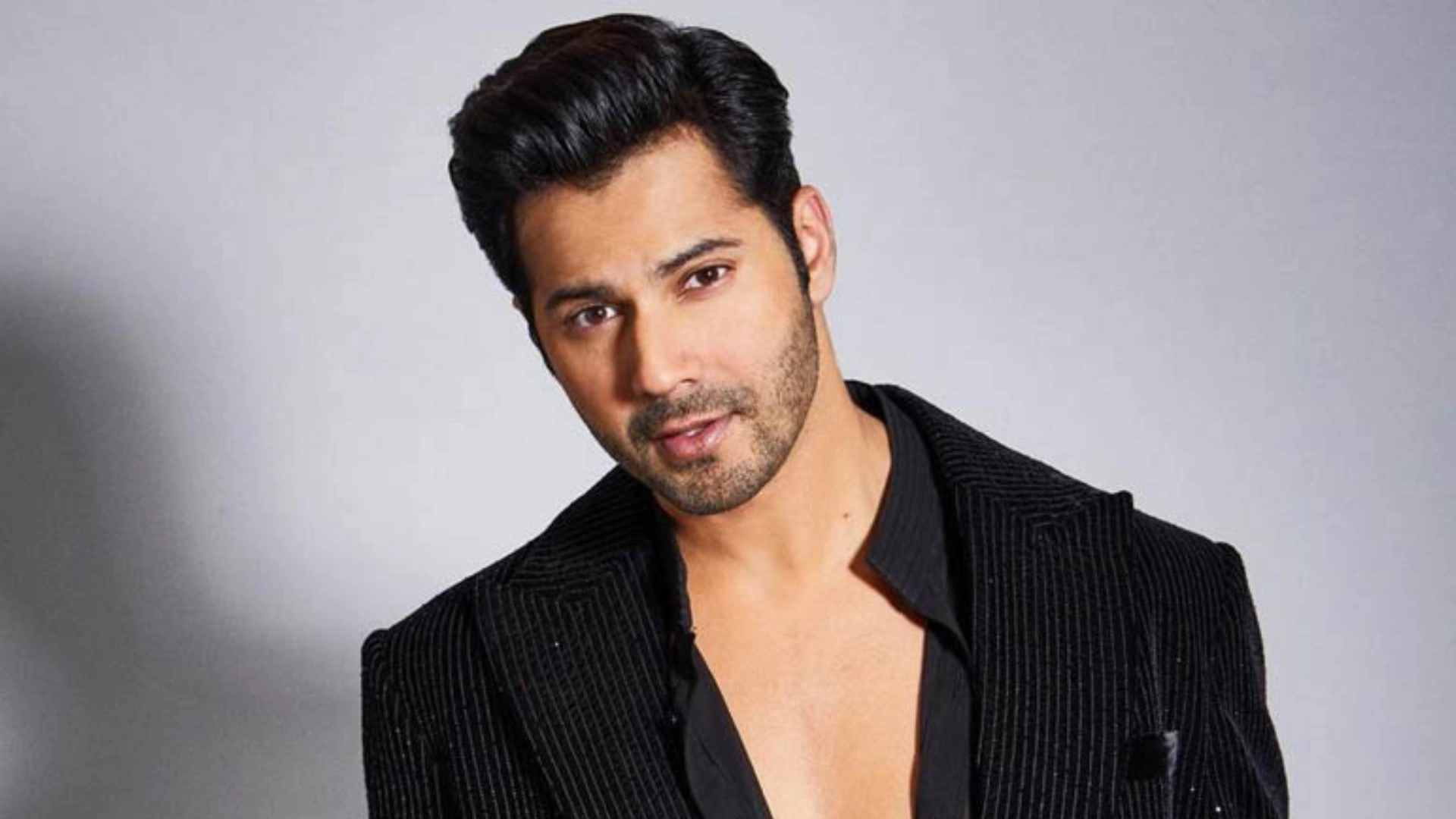In a significant diplomatic effort, External Affairs Minister S. Jaishankar of India has reaffirmed the commitment to urgent reform of the United Nations Security Council (UNSC) through text-based negotiations. This reaffirmation came during a series of meetings with his counterparts from the G4 nations—Brazil, Germany, and Japan—held on the sidelines of the 79th Session of the United Nations General Assembly in New York.
Jaishankar’s official visit to the United States is marked by crucial discussions surrounding global governance and the pressing need for reform within one of the world’s most important multilateral institutions. The G4 nations—comprising Brazil, Germany, India, and Japan—have long advocated for a more representative and efficient UNSC, reflecting the geopolitical realities of the 21st century.
During the meetings, which included key discussions with Japan’s Foreign Minister Yoko Kamikawa, Germany’s Foreign Minister Annalena Baerbock, and Brazil’s Foreign Minister Mauro Vieira, Jaishankar emphasized the necessity of modernizing the Security Council to enhance its effectiveness and legitimacy. The ministers engaged in dialogue about the challenges facing the current structure of the UNSC, which many believe is outdated and fails to adequately represent the interests of emerging powers and developing nations.
The G4’s advocacy for UNSC reform stems from a collective recognition that the existing configuration does not reflect the current global balance of power. The ministers expressed a shared vision for a more inclusive Security Council that would allow for greater participation from countries that are significantly contributing to international peace and security.
Ex-Transport Minister S. Iswaran Cleared Of Corruption Charges!
One of the central themes of their discussions was the importance of text-based negotiations, which aim to establish a clear framework for reform discussions. Jaishankar highlighted that such negotiations are essential for moving the reform agenda forward, urging that a consensus approach be adopted to address the various concerns raised by UN member states.
In addition to the discussions about UNSC reform, the ministers also touched upon other pressing global issues, including climate change, sustainable development, and collective responses to regional conflicts. The G4 nations have historically collaborated on various fronts within the UN, and this meeting serves to strengthen their partnership in addressing complex global challenges.
The backdrop of the UN General Assembly provides a unique platform for the G4 nations to amplify their call for reform. With the world facing unprecedented challenges—from geopolitical tensions to climate crises—the need for a more agile and representative Security Council has never been more urgent. The G4 ministers believe that reforms could lead to more effective and equitable decision-making processes within the UN.
As the 79th session of the General Assembly progresses, the discussions among the G4 nations are expected to garner attention from other member states and contribute to a broader dialogue on the future of global governance. The outcome of these discussions could potentially influence the trajectory of UN reforms and reshape the dynamics of international diplomacy.
Jaishankar’s engagement with his G4 counterparts underscores India’s commitment to being an active player in global governance and its determination to advocate for reforms that reflect contemporary realities. The support from Brazil, Germany, and Japan reinforces the collective resolve of the G4 to pursue meaningful change within the UNSC.
As the world watches the proceedings of the General Assembly, the G4 nations’ unified stance on UNSC reform could serve as a catalyst for broader international discussions, paving the way for a more democratic and effective United Nations that is better equipped to tackle the challenges of today and tomorrow.

















